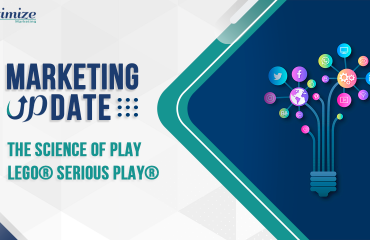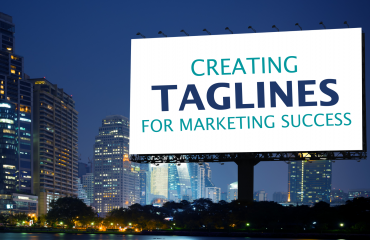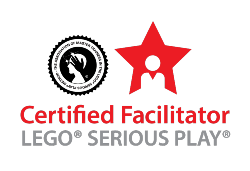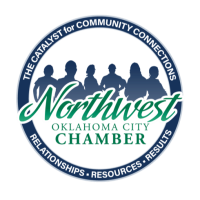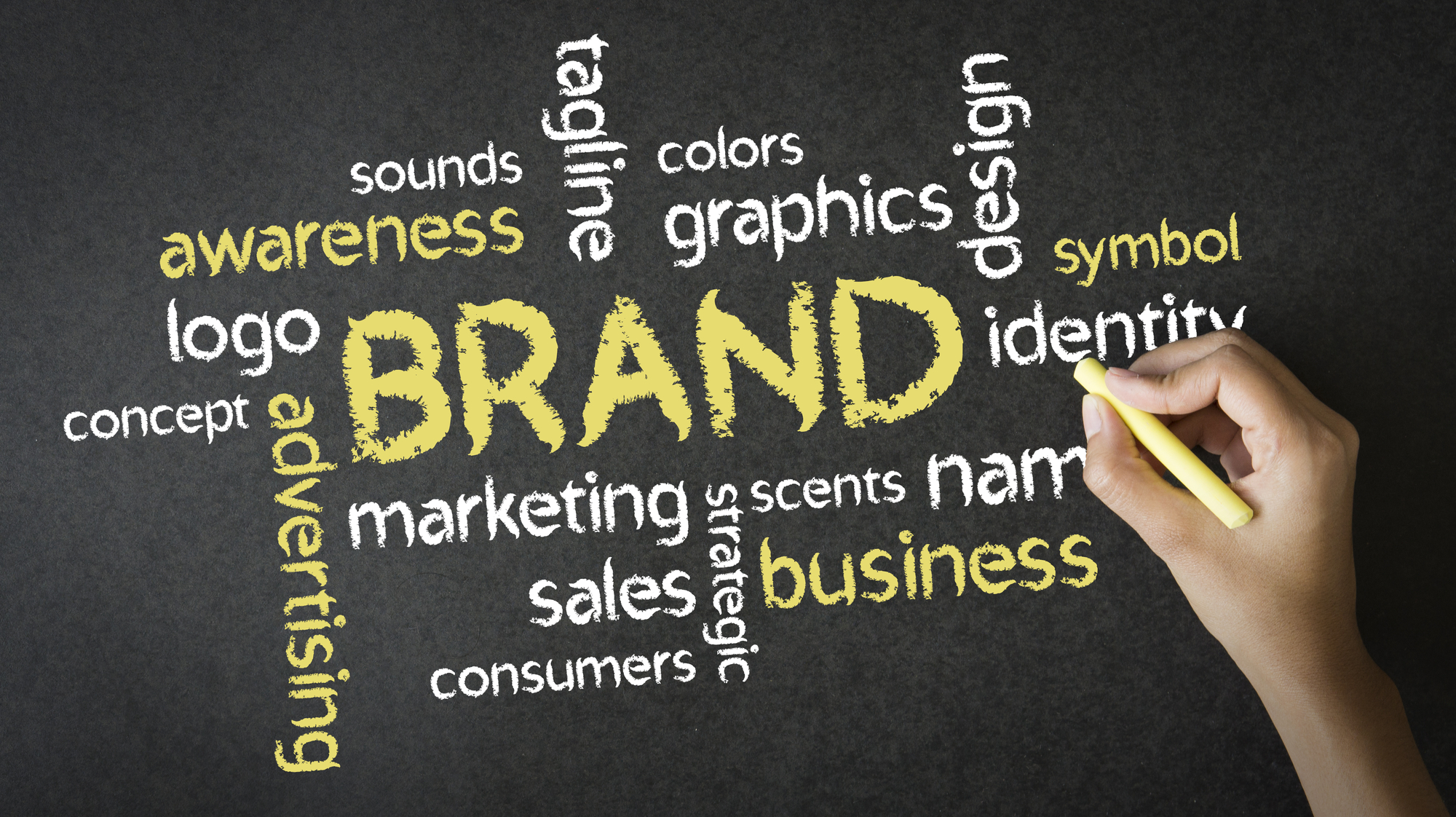
What do you think of when you hear the word brand? Nike, Coca-Cola, Apple, Levi’s, Lego? Your brain could go on and on. You can picture the logo in your mind, and the image alone sparks your memory of experiencing that brand before.
Picture in your mind the Starbucks logo. Does the mermaid image have its name on the logo? That’s right; it does not. But you immediately identify the Starbucks name and possibly a time you visited one of their stores. Now that’s the power of a brand.
A powerful brand will conjure up meaningful memories and experiences in your subconscious. People place value and trust in brands, and brands influence behavior.
Brands are just as important to small businesses as a Fortune 50 company. A well-constructed brand can build trust in your business with potential clients, and when existing customers find a brand valuable, they will return to it.
What is a brand?
A brand is so much more than a trademark or symbol left by a hot iron on livestock. It is an intangible asset that encompasses a consumer’s total experience with a company or product.
A brand identifies a company’s public image and reputation. Often, people see this as the company’s name and logo, but it also includes how you use these assets to promote a business, inspire trust and influence future behavior.
A brand makes up the core of what a company is and does, so if used strategically, it can become a powerful tool to build trust and grow your company.
Before endless acronyms were invented (LOL, FOMO, BTW), BMOC or Big Man on Campus existed. A school’s BMOC is just that, larger than life, outgoing, friendly, gregarious and the life of the party. But he is also the guy you can call to pick you up when your car breaks down or get you a snack to keep you up late studying. People want to be around the BMOC for his winning personality, but they also trust he will show up for others when they need help.
Brands are a company’s BMOC. They make up the total interactions and impressions a customer has with your products or services. Brands are consistent and used to intrigue others and inspire value and trust. Powerful brands influence customers to want more, just like wanting to be around the BMOC. So, a strong brand is a powerful tool.
Why are brands important for a business?
Brands are important because if used consistently and correctly, the brand can speak for you.
For example, if you see the Target logo, your brain instantly knows that they provide a clean store with the products you need and, more often, great products you didn’t need but now want. In this case, Target’s brand alone actually advertised for them.
Too often, small business owners are overwhelmed with the day-to-day aspects of running a business and don’t have time to concentrate on building a brand. So often, it feels like small business owners are up to their necks in work. And when small business owners and entrepreneurs do have the time for marketing, they often run into a mess of half-completed marketing campaigns, misplaced logo files, or don’t know who manages their website.
But creating a strategic marketing plan provides small business owners and entrepreneurs with an organized road map for brand building, eventually promoting the business tenfold. In addition, a well-designed marketing plan supplies a company with many other things, including:
* Understanding where marketing dollars should be spent.
* How to speak to customers to drive interest and sales.
* A backup plan, so if a business owner ever has to leave the business, another employee can pick up the ball and roll with the marketing efforts.
* Consistent and clear advertising and messaging, so your customer is not confused about who you are and what you do.
How can I create a powerful brand?
If you pass two golden arches, you instantly know that symbol means McDonald’s. But how did McDonald’s get to a place where anyone anywhere in the world instantly knows what these golden arches mean?
Now, McDonald’s has been around since the 1950s, so they have had time and manpower on their side to get the word out about their signature burgers, fries and shakes. But this does not mean a small business can’t create a powerful brand in its own community.
What McDonald’s does correctly, and what every small business owner and entrepreneur should know, is that McDonald’s knows what its brand means to its customers. But more importantly, they use their brand consistently, so customers know what they will get every time they visit a store.
This consistency is key to building a powerful brand, but before you can use your brand consistently, you must create one first.
How do you start building a brand?
If you’ve ever traveled to New York City, you might know how hard it is to learn the subway system. You must prepare ahead of time to know which trains are southbound vs. northbound, fast train or local, or how much money to load on a MetroCard. It’s confusing for a newbie, to say the least.
The same thing applies to building a brand. You can’t just pick a train and ride it to wherever. Before boarding the train, you have to study where you are and where you want to go.
To start building a brand, you have to map out where you are and where you want to go. Building a brand is not straightforward work; it takes a lot of consideration, time and effort.
Small business owners are especially vulnerable to not devoting time to mapping a strategy because they are busy managing their business. As a result, it can be easy to let branding and marketing slip through the cracks when choosing which tasks get completed.
But taking a step back to evaluate where you are before spending your hard-earned money on advertising and promotions that do not work is invaluable. Once you map out your brand strategy, you are on the right track to promoting your business the right way.
Summary
A brand is a powerful tool. It is not simply a catchy phrase or an eye-catching logo. Instead, a brand encompasses everything a company is, who they serve and where they want to go.
Building a brand is not straightforward work. Instead, it takes a lot of consideration, time and effort. Unfortunately, taking time for branding and marketing can quickly move to the side while the more pressing business gets done. This is especially true for small business owners who are busy managing their businesses.
A powerful brand is just as crucial for small businesses. Strategically building a powerful brand is available to small companies. Uptimize makes branding accessible by consulting with small business owners and entrepreneurs and taking the strategy work off their plates.
To get started, book a free 30-minute consultation directly with Uptimize here: Book a consult.



